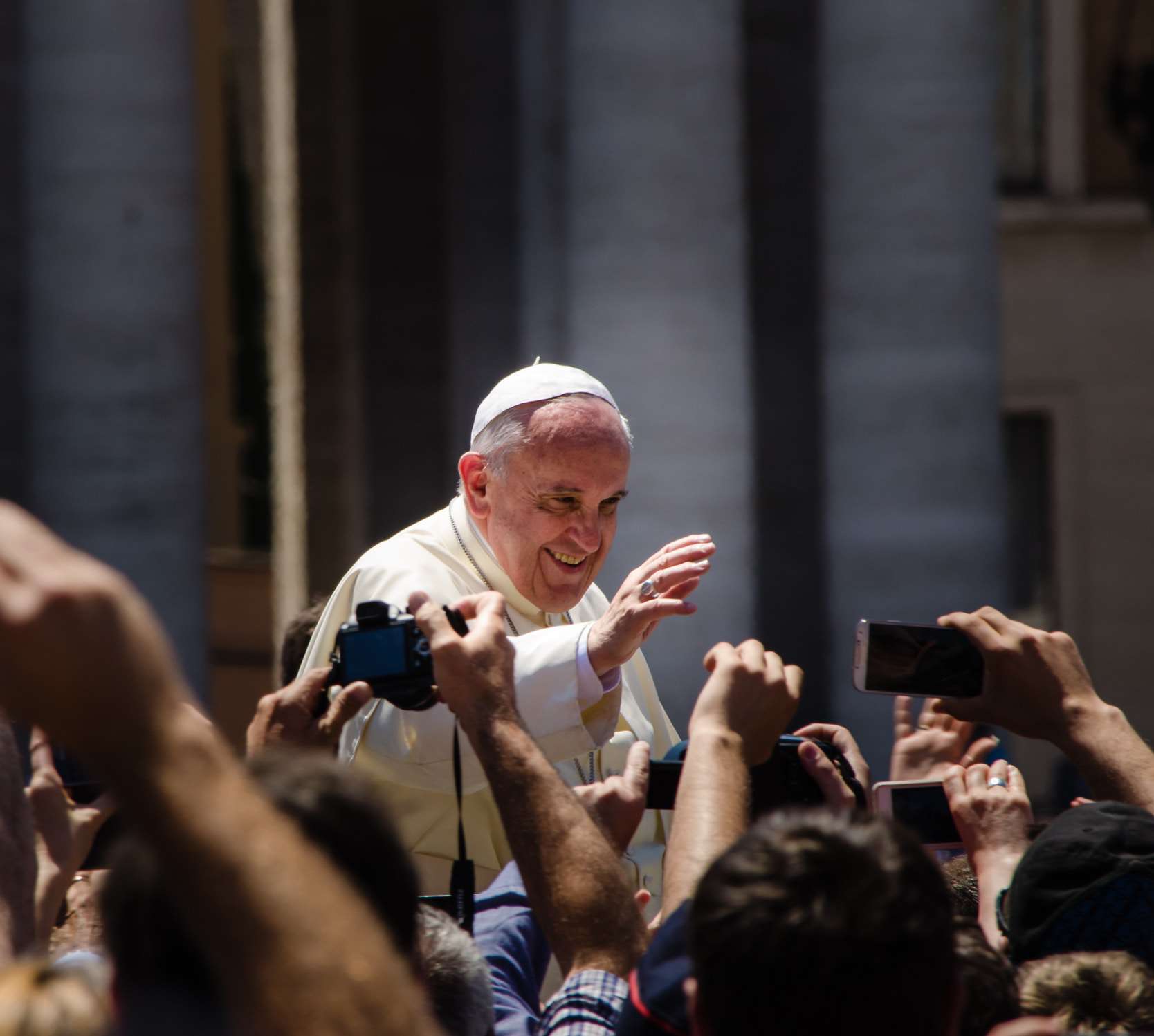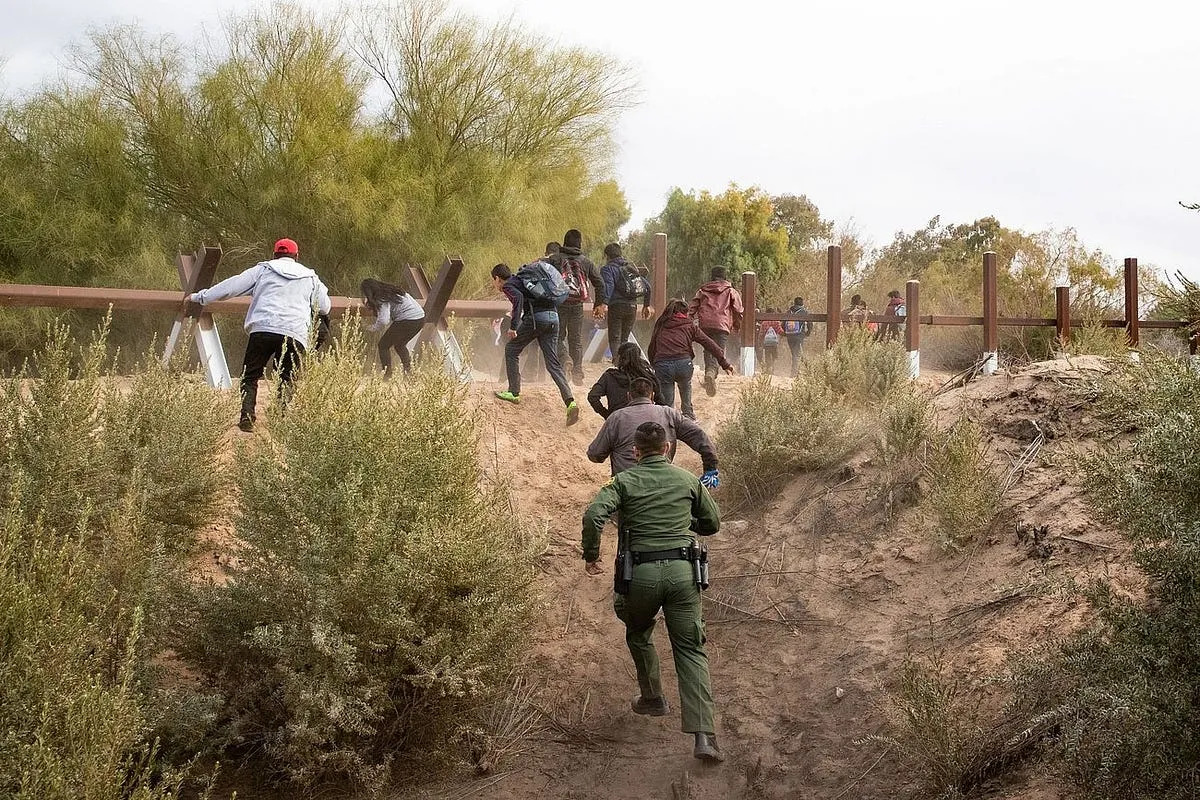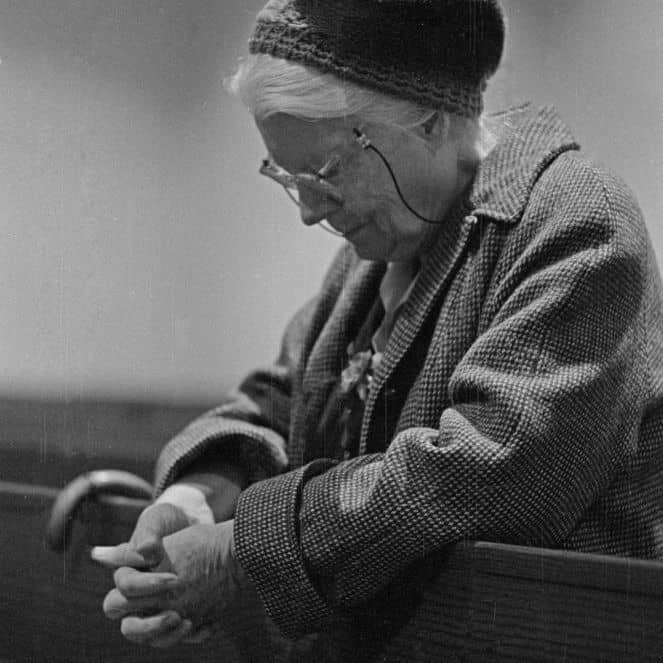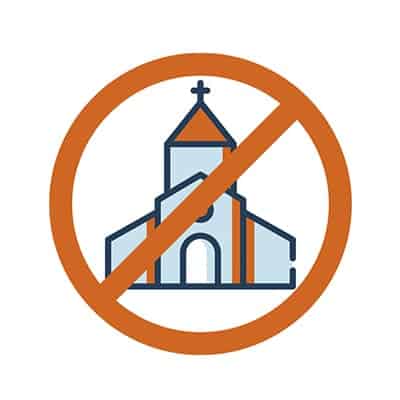Unlock Catholic Social Teaching
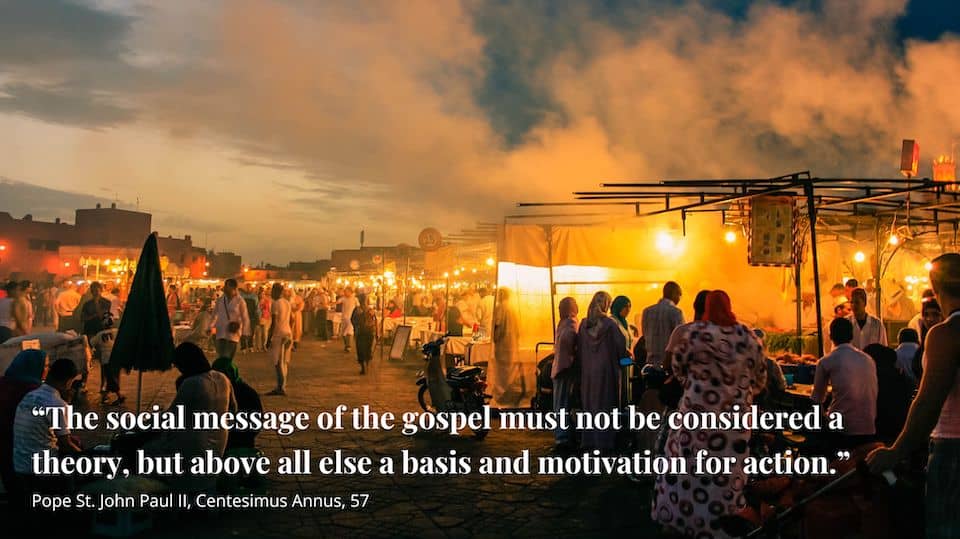
“By her social doctrine the Church makes an effective contribution…
Her moral vision in this area ‘rests on the threefold cornerstone of human dignity, solidarity and subsidiarity’.”
Catholic Social Teaching and Other Contemporary Issues
It is our special task to order and throw light upon all the affairs of the world in line with the teachings of Jesus Christ: “let the laity also by their combined efforts remedy the customs and conditions of the world.”

Catholic Social Teaching is Neither Conservative Or Liberal
Just as “Christian charitable activity must be independent of parties and ideologies” (Pope Benedict XVI, 31) it must be reiterated and acknowledged that Catholic social teaching is not an endorsement of or for any political teaching. The Church is clear that none of the magisterial documents are teachings to or for the right or the left. Catholic social teaching is neither liberal nor conservative.
However, there are warnings to both sides of the political spectrum.
What Must I Do?
Our Church Has Issued a Clear Call to Action
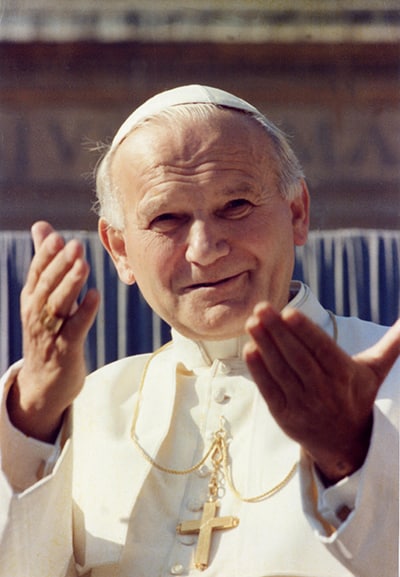
Pope St. John Paul II
“A new state of affairs today… calls with a particular urgency for the action of the lay faithful. If lack of commitment is always unacceptable, the present time renders it even more so. It is not permissible for anyone to remain idle.”
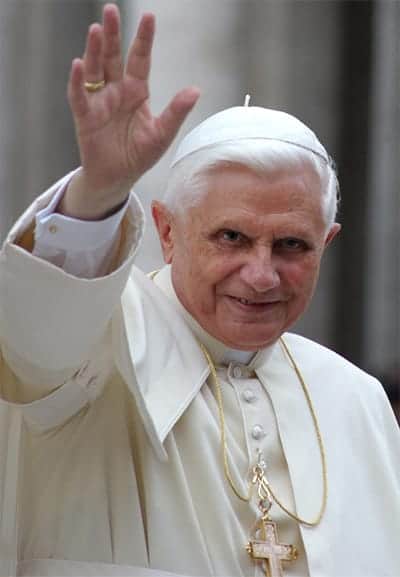
Pope Benedict XVI
“Freedom…demands the courage to engage in civic life and to bring one’s deepest beliefs and values to reasoned public debate.”
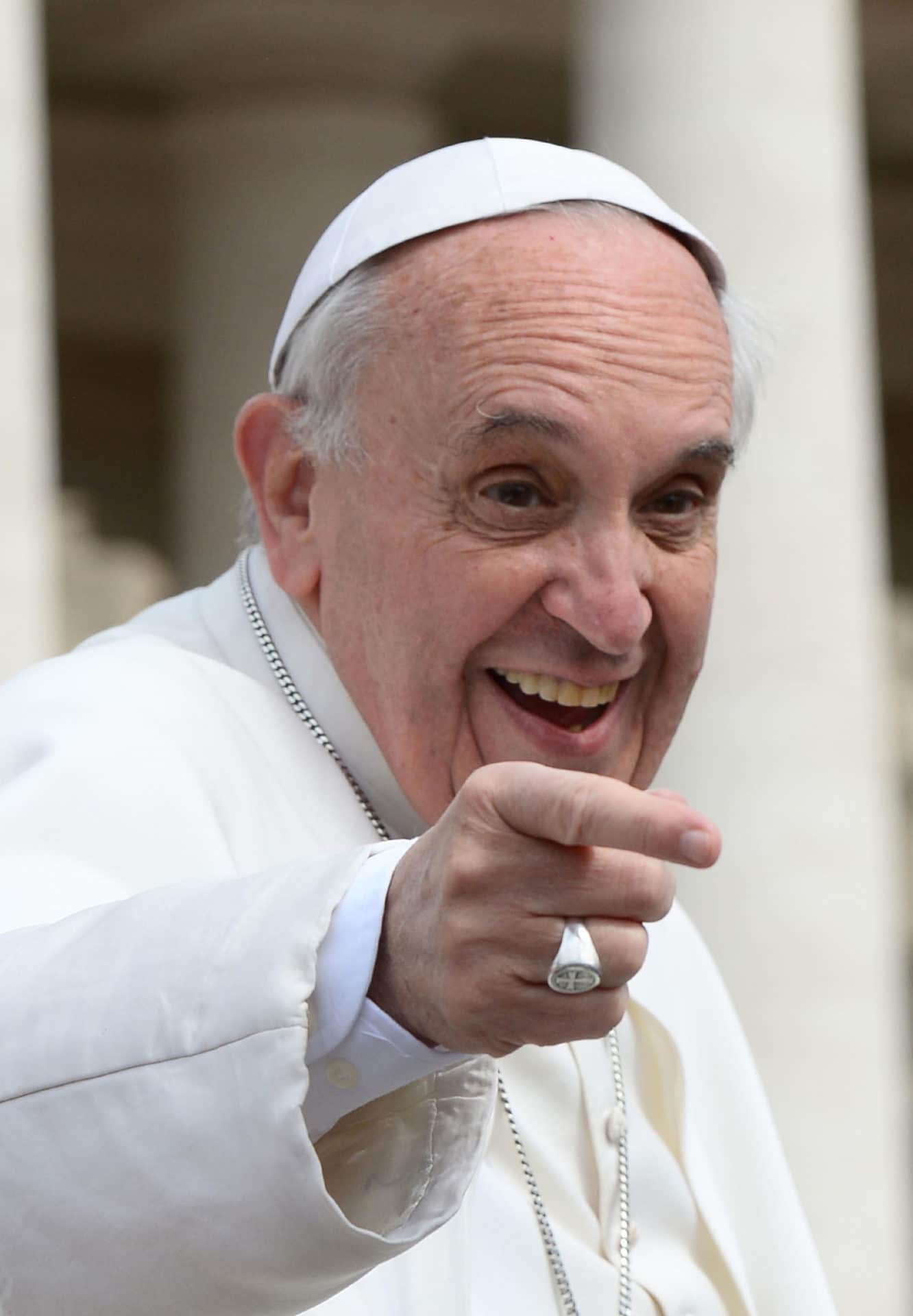
Pope Francis
Participation in politics is a Christian obligation: “We must participate in politics because politics is one of the highest forms of charity because it seeks the common good. And Christian lay people must work in politics…”




